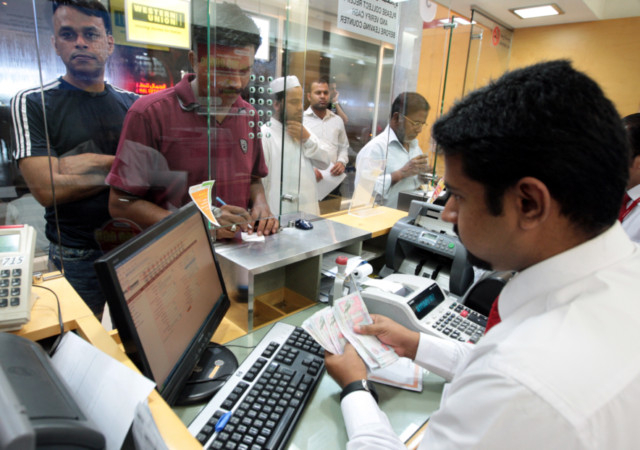Dubai: Although residential rents may have eased amid a slowdown in the real estate market, the overall cost of living in Dubai is still on the rise and continues to put pressure on UAE expatriates’ ability to manage their household budgets, new data suggest.
In a survey conducted in the UAE, a huge proportion of the country’s population pointed to high cost of housing and rising education and utility bills as their biggest worries. Nearly seven in ten (64 per cent) said that accommodation costs ate up the most of their budget, while a significant number (46 per cent) are feeling the burden of increasing utility costs. An almost equal number, 45 per cent, cited rising school fees as their biggest concern.
“Increased house rents, increased costs of utility items and children’s educational expenses appear to place the most pressure on households across the country,” said Mohammed Qasim Al Ali, CEO of National Bonds, which commissioned the survey.
Dubai’s inflation rate rose to 1.75 per cent during the first six months of the year compared to 12 months earlier. Housing, water, electricity and gas costs registered a 3.91 per cent increase, data compiled by Dubai Statistics Centre showed. In Abu Dhabi, 51 private schools have just secured the green light to increase their fees by an average of six per cent for the 2016-2017 academic year.
Parents in Dubai are also seeing school fees rise every year. Maria, whose five-year-old daughter is enrolled at an international school, said the school fees have increased from Dh13,000 in 2013 to Dh15,000 in 2015.
The school fee is just one of the myriad costs associated with child education . On top of the tuition, parents pay a registration fee, which can go up to Dh500 every year, just to ensure their child gets a slot at their preferred institution, Apparently, there's stiff competition to get into a very good school, so Maria ended up spending a lot of money on registration fees alone. "I tried to secure slots at different schools to make sure my child gets in. So far, I spent Dh2,000 on registration fees," she said.
The cost of sending children to school is considered the second-biggest household expense for 40 per cent of Arabs and 42 per cent of Asian expats. It’s also the second-biggest expenditure for 31 per cent of Emirati nationals and 30 per cent of Western expatriates.
Al Ali said the high cost of rents “appear to have a significant impact” on household expenditure for Asian and Arab expatriates. “More specifically, 71 per cent of Asian expats, 65 per cent of Arab expats and 57 per cent of Western expats surveyed [said that] housing rents account for a significant portion of their household expenses,” Al Ali told Gulf News.
“Utility expenses like water and electricity [also] have a big impact on the household expenses of Asian and Western expats (52 per cent respectively) compared to 42 per cent of Emiratis and 41 per cent of Arab expats,” Al Ali added.
National Bonds had commissioned the survey in order to gain insights into the financial stability of UAE residents. The findings coincided with the latest PwC research, which found that more than half (52 per cent) of the workers in the country are living in constant financial stress.
Aside from rising household expenses, many foreigners, particularly 39 per cent of Western expatriates and 34 per cent or Arabs, are also worried about potential job losses.
Emiratis (44 per cent), on the other hand, are more concerned about mounting loans, while Asians (49 per cent) are worried that the high cost of living would impact their savings plans, while another 48 per cent are concerned about having to deal with unexpected expenses. Also among Asians, nearly half (43 per cent) said that housing rents could affect their ability to save.
Despite their financial worries, however, a number of residents in the country managed to set aside some money for the future.
According to National Bonds, the number of customers who have invested in their savings scheme has expanded from 736,000 savers in 2013 to 800,000 plus this year.
The National Bonds’ Employee Savings programme, which allows workers to automatically save a fixed amount every month through automated payroll deductions, has gone up from 17 to 83 organisations.
Major employers that have participated in the programme include du, Dubai Airports, Dubai Civil Aviation Authority, Dubai Duty Free, Dubai Financial Market, Dubai Health Authority, Medcare Hospital, Dubai Media, Dubai World Central, Financial Audit Department, Giordano Fashions, DP World and Dubai Silicon Oasis Authority, among many others.








